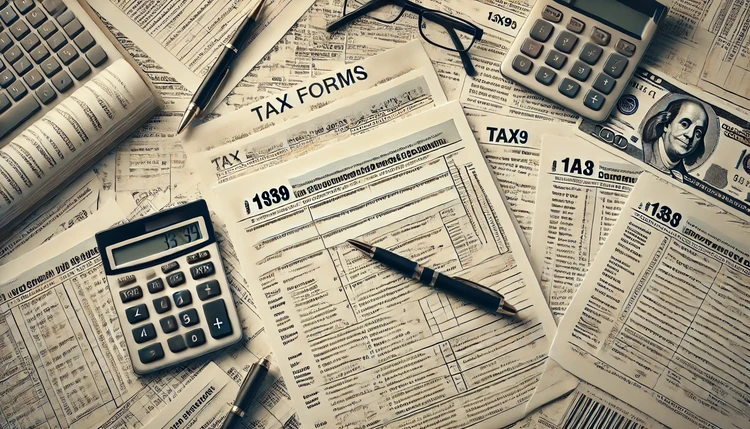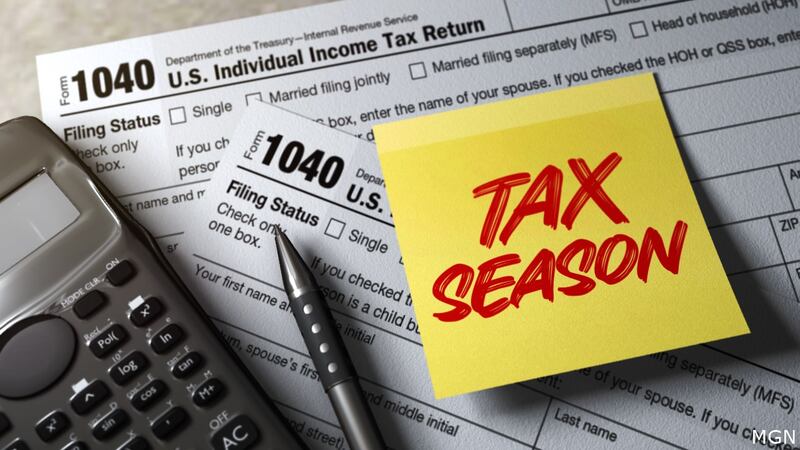Get Ready to file: Essential Tips to Get Ahead of the Tax Season 2025
With tax season approaching, now is the perfect time to get organized and plan your filing process. Though the deadline is still three and a half months away, starting early can save you from last-minute stress and ensure a smooth tax season. Here are key steps and tips to help you navigate the process efficiently.

Getting Started: Essential Preparations
Before diving into income and expenses, create an IRS Online Account for individuals. This online tool provides access to vital tax records, including wage and income transcripts, past returns, and the ability to request a Personal Protection PIN. Once your account is set up, decide whether to hire a tax professional. Ensure they are IRS-certified to avoid potential scams or errors. If hiring a professional isn’t an option, consider the IRS Free File and Direct File programs, which cater to lower-income taxpayers and offer a secure, free way to file returns. Additionally, programs like the Volunteer Income Tax Assistance (VITA) service can assist seniors, military members, low-income individuals, and those with limited English proficiency. Keeping your tax documents organized—either digitally or physically—will simplify the process and save time when filing.
Filing Your Taxes: Key Considerations
Understanding your tax obligations is crucial. For instance:
- If you earned more than $5,000 through online marketplaces or payment apps, you’ll need to file a 1099-K form.
- Taxpayers with digital assets such as cryptocurrencies, NFTs, or stablecoins must include these in their returns, particularly if they sold any of these assets.
- If you’re 73 or older, don’t forget to take your Required Minimum Distributions (RMDs). If you turned 73 in 2024, you must take your RMDs by April 1, 2025, to avoid IRS penalties.
For faster refunds, choose direct deposit when filing. If you don’t have a bank account, consider opening one with an FDIC-insured bank or a local credit union. Veterans can explore the Veterans Benefits Banking Program to find banking options tailored to their needs.
After Filing: Staying Alert
Once your return is submitted, stay attentive to any IRS communications. Ignoring notices can lead to severe penalties, wage garnishments, or property seizures.
Refund timelines vary based on several factors. While the average processing time is 21 days, errors, missing information, or additional reviews may delay your refund. Double-check your filing to ensure accuracy and completeness.

Filing taxes can seem overwhelming, but proper preparation can transform it into a manageable process. By staying organized, understanding your obligations, and utilizing available resources, you can tackle tax season confidently. Start early, stay informed, and enjoy peace of mind for the rest of the year.


Comments are closed, but trackbacks and pingbacks are open.